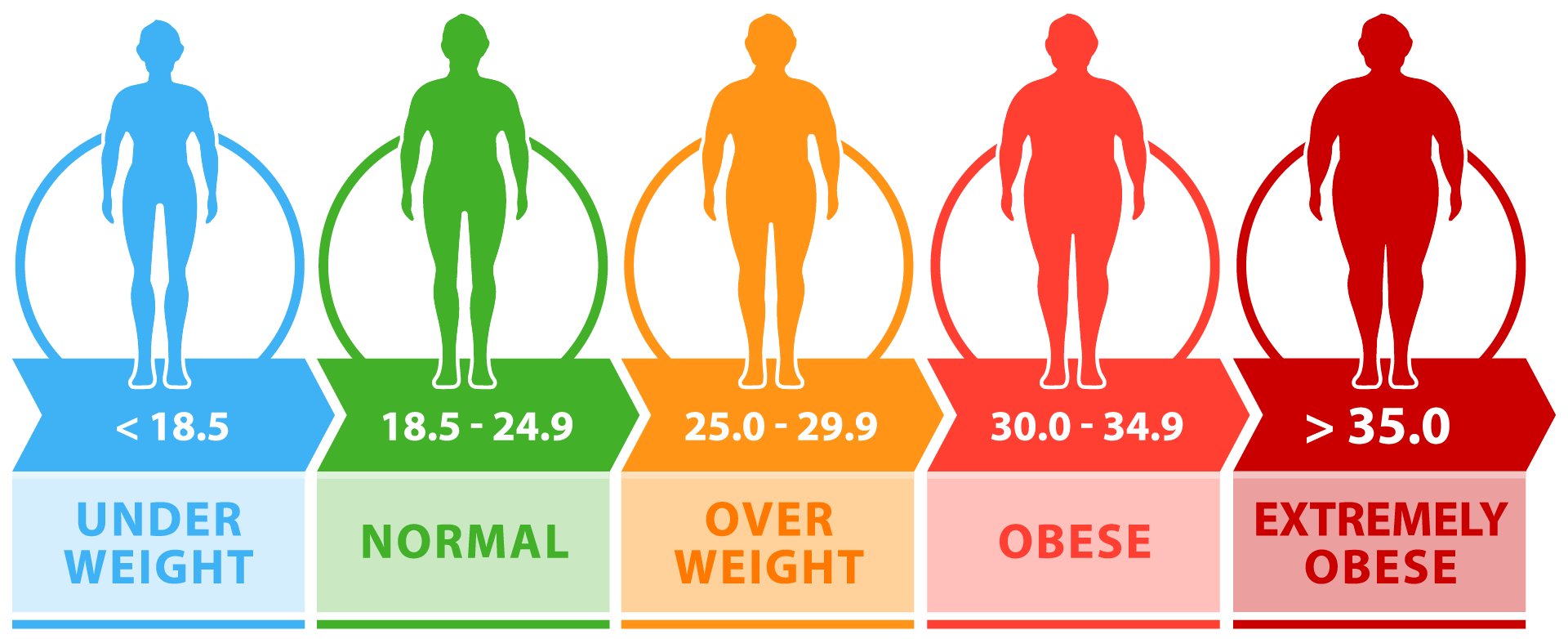BMI Calculator – Are You Overweight or Normal?
Calculate your Body Mass Index to assess if you're at a healthy weight for your height
Overview
When I use the BMI Calculator, I always start by selecting the right units whether the Metric Units tab or the Other Units tab for US or metric units. It’s important to convert measurements correctly, as the International System of Units makes calculating your BMI value and weight status much easier.
Taking age into consideration helps find the corresponding BMI that reflects your health better. This simple Body Mass Index tool gives a clear idea of where you stand, making it easier to track your progress and plan ahead.
What is Body Mass Index (BMI)?
From my experience, BMI is a helpful screening tool that broadly defines weight groups for adults, children, and teens. It’s a number calculated using your height and weight, showing if you’re underweight, normal weight, overweight, or obese at 30 or more. This tool helps identify risk for health problems like diabetes, heart disease, and cancer.
Formula :BMI = weight (kg) / height² (m²)
Whether you’re men or women, BMI is used as a guide to find your status and plan better health. There are several ways to calculate it, but the result gives important information to keep your body fat in check.

BMI Categories and Health Implications
Normal BMI (18.5-24.9): Lowest risk of weight-related health problems
Overweight BMI (25-29.9): Increased risk of heart disease, diabetes, and high blood pressure
Obese BMI (30+): High risk of serious health conditions including cardiovascular disease
Underweight BMI (<18.5): May indicate malnutrition or underlying health issues
BMI Calculation Examples
Height: 5'7" (170 cm)
Weight: 140 lbs (64 kg)
BMI: 22.0
Category: Normal Weight
Height: 5'9" (175 cm)
Weight: 180 lbs (82 kg)
BMI: 26.8
Category: Overweight
Height: 5'4" (163 cm)
Weight: 200 lbs (91 kg)
BMI: 34.3
Category: Obese
Who Can Use BMI to Monitor Health?
The BMI calculator applies mainly to adults aged 18-65 years old, but it can be less accurate:
- • It can be less accurate for muscle builders and long-distance athletes
- • Also less accurate for elderly populations and young children
- • May not be precise for individuals with physical disability
- • Accuracy varies among people of certain ethnicities due to unique physical traits
What Makes the Digital Calculator BMI Tool Useful?
The BMI Calculator is at Digital Calculator is useful because:
- • Provides quick and easy body mass index assessment
- • Uses accurate measurements for reliable results
- • Helps track your health and weight status
- • Guides better lifestyle and fitness choices
- • Offers clear and user-friendly interface
Limitations of Body Mass Index (BMI) as a Health Tool
In my experience, BMI is a good way for health care providers, doctors, and nurses to estimate total body fat and identify excess weight or if someone is overweight or obese. However, it doesn’t always work perfectly.
For example, bodybuilders who have massive muscle mass could have a higher BMI, but do not fall within the usual overweight category.
It’s important to think about other factors like waist size, skinfold thickness, and diet when judging health risks. Older people and those with family health problems may also need extra care in how their weight is evaluated.
A person’s BMI should be evaluated alongside these evaluations to better understand potential health risks.
When deciding a person’s true health risk, BMI alone might pose limitations because it can underestimate or overestimate body fat depending on muscle mass and age. The final word on health can’t rely solely on this number but needs a holistic look at the individual.
In practice, doctors and health care providers often use BMI as a starting point, but it’s just one piece of the puzzle. By considering all these factors, they can find the best approach for each adult to maintain or improve their health.
BMI Tips and Healthy Weight Management
Achieving Healthy BMI
- • Balanced Diet: Focus on whole foods, fruits, vegetables, and lean proteins
- • Regular Exercise: Aim for 150 minutes of moderate activity per week
- • Portion Control: Use smaller plates and be mindful of serving sizes
- • Stay Hydrated: Drink plenty of water throughout the day
- • Get Adequate Sleep: 7-9 hours of quality sleep supports healthy weight
Scientific References:
This BMI assessment is based on guidelines and research from trusted health experts,
including:
- • World Health Organization (WHO) – Body Mass Index classification and global standards
- • Centers for Disease Control and Prevention (CDC) – BMI calculators and growth chart percentiles
Data Privacy Assurance:
We do not store or share any personal information entered into this calculator.All data is processed locally in your browser to protect your privacy and confidentiality.
Frequently Asked Questions About BMI
Lowering BMI involves a combination of healthy eating, regular physical activity, and lifestyle changes. Consulting a healthcare provider can help create a personalized plan.
BMI is an effective screening tool but it doesn't consider fat mass or distribution.
BMI calculates weight relative to height but doesn't distinguish between muscle and fat. Body fat percentage measures the actual proportion of fat in your body composition. A person with high muscle mass might have a high BMI but low body fat percentage, which is why both measurements can be valuable for comprehensive health assessment.
No, children and teenagers require age and sex-specific BMI percentiles rather than adult BMI categories. Pediatric BMI calculations account for normal growth patterns and development. Consult your child's healthcare provider or use specialized pediatric BMI calculators for accurate assessment.
A healthy BMI for adults ranges from 18.5 to 24.9.This range is deemed typical and suggests that your weight is proportional to your height.
A high BMI can increase the risk of miscarriage by affecting hormone levels and overall health. Maintaining a healthy BMI before and during pregnancy helps reduce this risk.
Related Health Calculators
Calculate your Basal Metabolic Rate to understand daily calorie needs
Calculate BMRFind your ideal weight range based on height and body frame
Calculate Ideal WeightEstimate body fat percentage using body measurements
Calculate Body FatDisclaimer:
The BMI Calculator on Digital Calculator is intended for educational and general wellness purposes only.It's not a substitute for medical advice from a professional diagnosis, treatment, or diagnosis.Always consult with your healthcare provider for a complete health evaluation.
